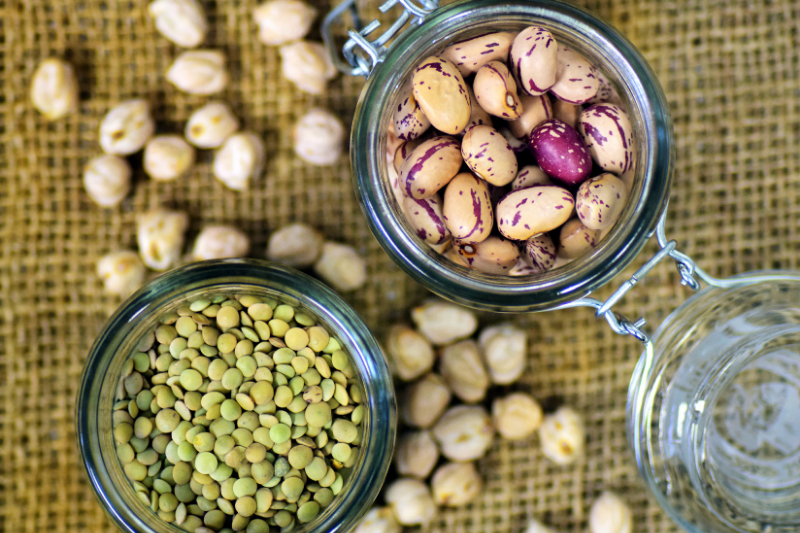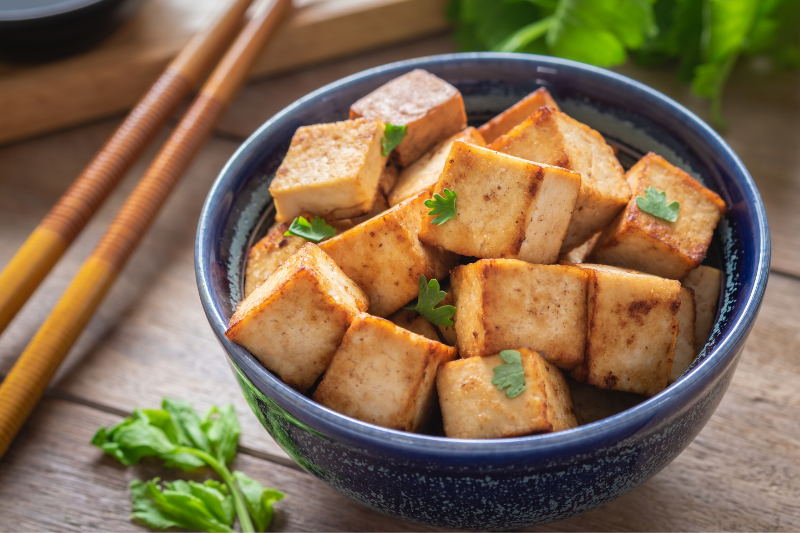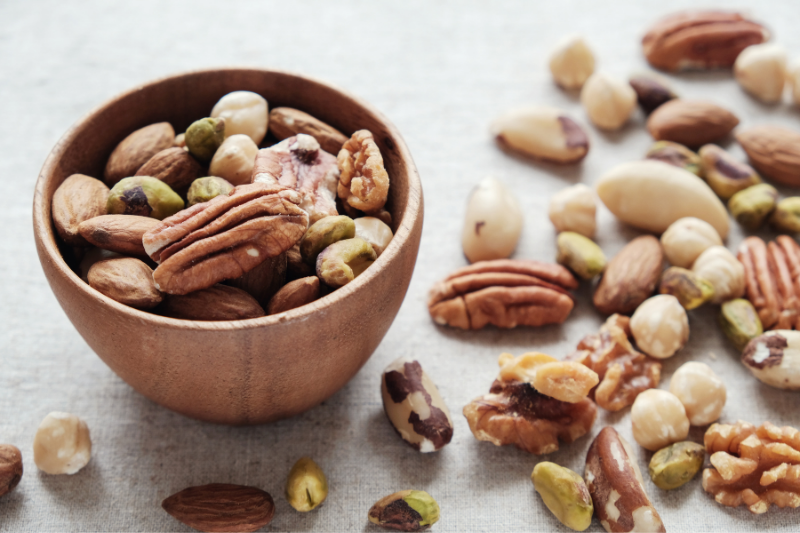nutrition
Getting Started With Plant-Based Protein
If you're wanting to eat a more plant-based diet, then here's how you can ensure you're getting enough protein and options of what you can have.
Protein is one of the most important nutrients. It’s essential for keeping the body strong and functioning as it should.
This is because protein is the main building block of the body – used to make cells, muscles, and skin. Plus, hormones, neurotransmitters, and other vital body components
The protein our body uses comes from the protein we eat. The DRI (Dietary Reference Intake) is 0.8 grams of protein per kilogram of body weight.
But since a majority of protein comes from animal-based sources, getting enough protein as a vegetarian or vegan can be difficult. Which can make the body weak.
However, there are several great, protein-packed plants out there that can keep your body strong and healthy.

The Difference Between Plant and Animal-Based Protein
Stating the obvious – animal-based proteins comes from animals. And plant-based protein comes from plants.
The BIG difference between these two types of protein is the amino acids they contain. Amino acids are the building blocks of protein and essential to the body – being released when protein is broken down from foods we eat.
The amino acid profiles between animal-based and plant-based proteins vary greatly. A ‘complete protein’ is made up of all 20 essential amino acids; animal proteins are ‘complete proteins.’ Plant proteins – in most cases – are not (and are called ‘incomplete proteins’).
This means, creating complete proteins for a plant-based diet is more difficult and takes more planning, but it is possible – by using ‘complementary proteins.’ This is the process of pairing two incomplete proteins together to make a complete protein.
Classic examples of complementary proteins are beans and rice, peanuts with stir-fry noodles, or a simple peanut butter sandwich.
Benefits of Plant-Based Protein
Despite not all plant protein sources being ‘complete proteins,’ there are many health benefits traced to diets high in plant-based proteins.
Those who follow a vegan or vegetarian diet experience better control over body weight, lower blood pressure, and reduced risk of developing chronic disease.

5 Awesome Protein-Packed Plants
1. Soy Foods
Soy is the best plant-based protein out there. Soy-based foods are complete proteins, and include:
- Edamame
- Tofu
- Tempeh
2. Spirulina
Spirulina comes from algae and is also a complete protein. Each serving contains 8g protein, plus multivitamins and antioxidants.
3. Legumes and Lentils
Legumes and lentils contain between 15-18g protein per 240ml. They also have tons of fiber and beneficial minerals.
4. Ancient Grains
Despite being grains, several ancient grains are filled with protein and complex carbs. Some examples are:
- Quinoa
- Wild rice
- Amaranth
- Spelt
- Teff
5. Nuts and Seeds
Seeds, nuts, and butters contain 5-7g protein per serving. They also contain many other nutrients, including healthy fats.

Ways to Add More Plant-Based Protein to Your Diet
Adding more plant-based protein to your diet could provide you with many health benefits.
You can always add more plant protein to your diet. Here are some ideas that might fit your lifestyle:
- Try one new plant-based protein a week
- Add protein powder to smoothies
- Prioritize a protein-packed breakfast
- Include a high-protein food at every meal and snack
How will YOU be boosting your diet with plant-based with protein?